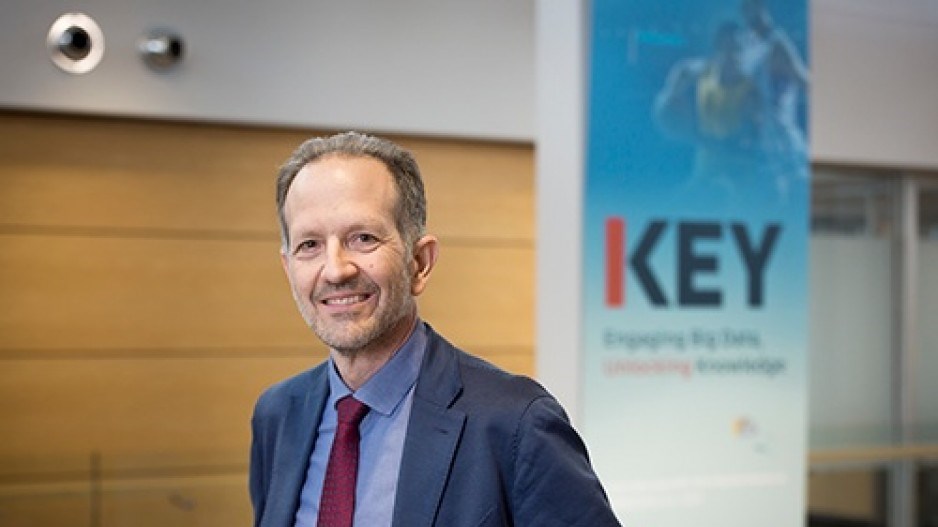While many articles about smart cities focus on automation and data, we should remember the “human factor” in drawing value from that data. Value is obtained through connections, which lead to insights. By connecting diverse people to diverse data, we gain richer insights. This path to the value in data is one we should be following in our evolution toward smart cities.
How should we use data? Insights and identifying risks
Data is the fuel of smart cities, and has many forms and sources. System sensors track water quality in real time. Video captured at intersections helps us better understand traffic patterns and human movement to design safer streets. City-provided open Wi-Fi networks enable connectivity like never before, and data streams from individual devices share how we live and work. This data can even include information about events from other cities around the world. Just as humans can, and should, learn from others, smart cities can, and should, learn from the circumstances of our neighbours, both locally and globally.
Connecting diverse data can lead to new and often unexpected insights, but also leads us to ethical questions: Should we be collecting and using all the data in a smart city just because we can? How do we balance the benefits with the risks?
Connections to people and perspective are key
Answers to these questions are being broached by the people and partners collaborating together to translate data into insight and, ultimately, into action. Simon Fraser University (SFU), through KEY, SFU’s Big Data Initiative, is empowering people to make sense of data, so they can become knowledgeable voices in their communities and citizens driving positive change.
Universities have an important role to play in shaping the future of smart cities. Leading municipalities are increasingly tapping into post-secondary expertise to build capacity. The City of Surrey’s strategic partnership with SFU enables the city to capitalize on the university’s innovative research and education. Combining our strengths enables cities to optimize decision-making, foster collaborations and improve services for our communities.
SFU health sciences professor Meghan Winters, for example, is investigating how large investments in bicycle infrastructure affect changes in population health, transportation patterns and spatial equity. Research like this is an important part of taking data-driven insights and sharing them with the communities we serve.
Developing globally minded leaders is key to successful cities. Programs like SFU’s Sustainable Energy Engineering (SEE) – the first of its kind in Western Canada – encourage holistic thinking about our communities. Developing sustainable solutions is not enough. We need to also consider the social, economic and environmental implications within the smart-cities ecosystem.
Public dialogues like KEY’s Data Visionaries Series bring thought leaders and the public together to explore how artificial intelligence (AI) can influence a city’s transportation decisions and citizen use. As cities – and the technologies they use – learn and adapt, we need to spark a critical conversation on who really benefits, and how people can leverage data to support us equally.
Innovation that leads to equity
With the potential to improve every aspect of community life, smart cities hold great promise for our future. But we’re only smarter if we’re connected. The innovation and technological advancements that are needed to get there will happen only if we afford people the ability to provide their valuable insights. It is through connections between data, people and perspectives that complex systems like cities can truly become smart.
If we do this right, smart cities will not be cold and calculated places. The data we collect and how we utilize it should provide for a more efficient, sustainable and, ultimately, a more enjoyable and connected livelihood for all citizens. Urban technology solutions? Yes. Innovation that leads to equity? Even more so. This should be the driving force for all smart cities.
Fred Popowich is an SFU professor of computing science and the scientific director of KEY, SFU’s Big Data Initiative. In 2017, the Canadian Artificial Intelligence Association recognized him for his outstanding service to the AI community.




